Vittorio De Sica was one of Italy’s most prominent actor-directors. He was a founding father of Neorealism, a movement that focused on social issues and began during World War Two. De Sica was born to a middle-class family on July 7, 1901 in Sora, a small town south of Rome. He spent his childhood in Naples, then moved to Florence before finally settling in Rome. He completed accounting school, but soon took an interest in the theater. But De Sica’s true passion was cinema. In 1932 he starred in his first movie, What Scoundrels Men Are! directed by Mario Camerini. He worked with Camerini again Mister Max and Department Store. Playing a romantic Don Juan type, De Sica won over large audiences and launched the classic song, “Parlami d’amore Mariù.” De Sica made his debut behind the camera in 1940, directing Red Roses.
His big break came in 1944, when he directed The Children Are Watching Us, a poignant story by screenwriter Cesare Zavattini. The film disregards romantic comedy traditions, foreshadowing the Neorealist style of Sciuscià. Set during the occupation of Rome by US troops, Sciuscià tells the story of two young boys working as shoe shines in order to survive. The picture touched the heart of audiences around the world and Hollywood acknowledged the film by awarding it an Oscar. A second Academy Award came De Sica’s way with The Bicycle Thief. A landmark oeuvre in the history of moviemaking, the picture was an intense, clear-eyed portrayal of Italy’s poverty and struggle to survive during the post-war period. De Sica was able to direct children and non-professional actors skillfully, using the camera to chronicle their daily life almost like a documentary. Neorealism also influenced two other pictures, Miracle in Milan, a surreal, entertaining fairy tale about poverty and wealth; and Umberto D, a box-office flop many consider De Sica’s masterpiece.
Wrapping up his Neorealist period, De Sica went back to comedy, both as an actor and as a director, with The Gold of Naples , Yesterday, Today and Tomorrow and Marriage Italian-Style. In 1961 he also directed the drama Two Women, based on Alberto Moravia’s novel by the same title. The Garden of the Finzi-Continis, released in 1970, is De Sica’s last great work. In lyrical, subdued tones, the film tells the tragic end of a well-to-do Jewish family living in Ferrara in the 1930s. Vittorio De Sica died on November 13, 1974. A witty actor as well as an insightful, sophisticated director, De Sica is remembered as a master of Italian cinema who created intellectual films with enduring popular appeal.
His big break came in 1944, when he directed The Children Are Watching Us, a poignant story by screenwriter Cesare Zavattini. The film disregards romantic comedy traditions, foreshadowing the Neorealist style of Sciuscià. Set during the occupation of Rome by US troops, Sciuscià tells the story of two young boys working as shoe shines in order to survive. The picture touched the heart of audiences around the world and Hollywood acknowledged the film by awarding it an Oscar. A second Academy Award came De Sica’s way with The Bicycle Thief. A landmark oeuvre in the history of moviemaking, the picture was an intense, clear-eyed portrayal of Italy’s poverty and struggle to survive during the post-war period. De Sica was able to direct children and non-professional actors skillfully, using the camera to chronicle their daily life almost like a documentary. Neorealism also influenced two other pictures, Miracle in Milan, a surreal, entertaining fairy tale about poverty and wealth; and Umberto D, a box-office flop many consider De Sica’s masterpiece.
Wrapping up his Neorealist period, De Sica went back to comedy, both as an actor and as a director, with The Gold of Naples , Yesterday, Today and Tomorrow and Marriage Italian-Style. In 1961 he also directed the drama Two Women, based on Alberto Moravia’s novel by the same title. The Garden of the Finzi-Continis, released in 1970, is De Sica’s last great work. In lyrical, subdued tones, the film tells the tragic end of a well-to-do Jewish family living in Ferrara in the 1930s. Vittorio De Sica died on November 13, 1974. A witty actor as well as an insightful, sophisticated director, De Sica is remembered as a master of Italian cinema who created intellectual films with enduring popular appeal.
RELATED
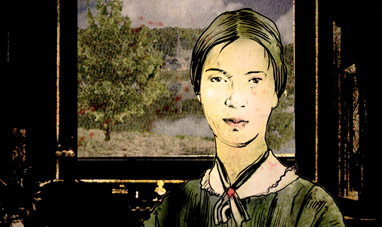

EMILY DICKINSON
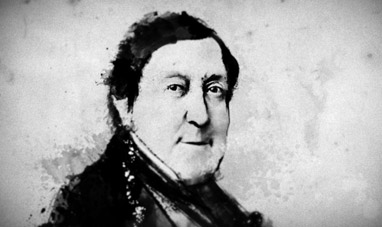

GIOACCHINO ROSSINI


KRZYSZTOF KIELOWSKI
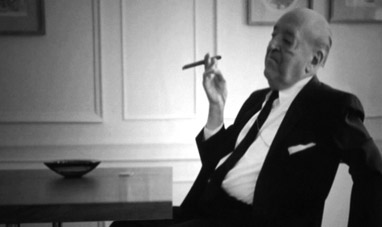

MIES VAN DER ROHE


BRUCE CHATWIN


GIORGIO DE CHIRICO
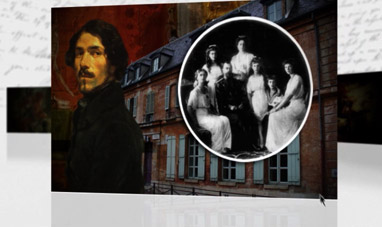

EUGÈNE DELACROIX


FRANZ LISZT


DONATO BRAMANTE
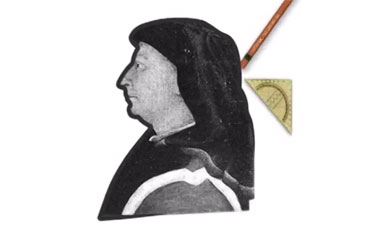

FILIPPO BRUNELLESCHI
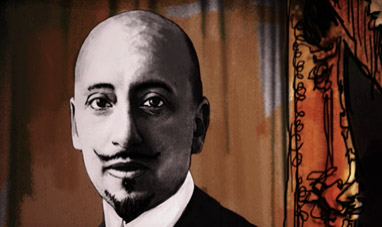

GABRIELE D'ANNUNZIO


DANIEL LIBESKIND
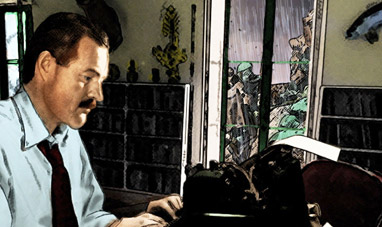

ERNEST HEMINGWAY


VINCENZO BELLINI


AKIRA KUROSAWA


FRANCISCO GOYA


ROBERT ADAM


FRANCIS BACON


MICHELANGELO BUONARROTI
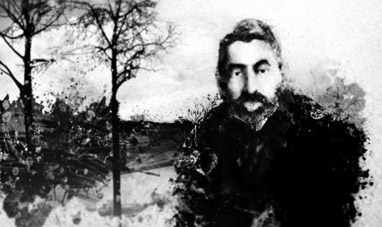

CLAUDE DEBUSSY
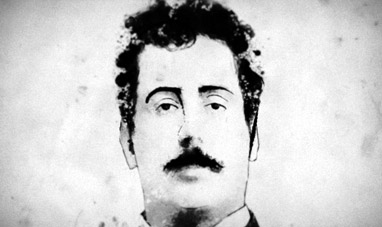

GIACOMO PUCCINI


PHIDIAS


PRAXITELES


EDOUARD MANET


PIERO MANZONI


ENRICO VANZINA


ANDREI TARKOVSKY


SERGEI RACHMANINOFF


GUSTAVE EIFFEL


MARTHA GRAHAM


KATE MOSS


INGMAR BERGMAN


EDGAR DEGAS


FRANK GEHRY


RAPHAEL


PHARRELL WILLIAMS
